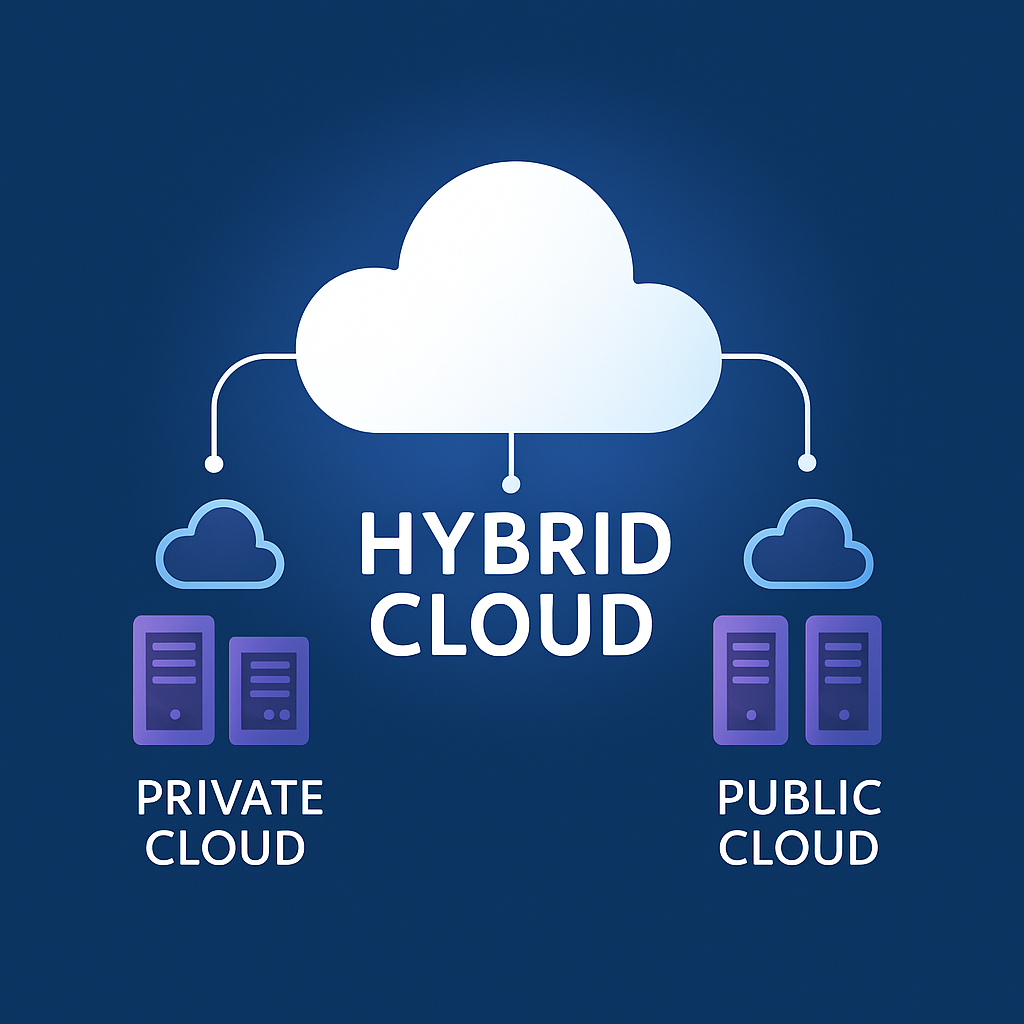How Container-Based Service Portability Unlocks the True Potential of Hybrid-Cloud Infrastructures

How Container-Based Service Portability Unlocks the True Potential of Hybrid-Cloud Infrastructures
In today's rapidly evolving technological landscape, businesses are increasingly turning to hybrid-cloud infrastructures to leverage the flexibility and scalability of cloud computing. However, the key to maximizing the advantages of a hybrid-cloud approach lies in the portability of services across different cloud environments. This is where container-based technologies play a crucial role.
Understanding Container-Based Portability
Containers offer a standardized unit of software that can encapsulate an application and its dependencies, allowing it to run consistently across various computing environments. This inherent portability makes containers an ideal solution for hybrid-cloud deployments, where applications need to seamlessly transition between on-premises systems and public or sovereign cloud services.
Enhancing Hybrid-Cloud Flexibility
The hybrid-cloud model combines private and public cloud resources, offering organizations the ability to optimize workloads for cost, performance, and compliance. By utilizing container-based portability, businesses can dynamically shift workloads across different cloud platforms, ensuring optimal resource utilization and minimizing vendor lock-in.
Supporting Sovereign Cloud Initiatives
Sovereign cloud computing is becoming increasingly important for organizations that require data residency and compliance with local regulations. Container-based portability enables applications to be easily deployed and managed across multiple sovereign cloud providers, maintaining data sovereignty while still benefiting from cloud scalability.
The Role of LayerOps in Cloud Portability
LayerOps provides solutions that enhance container-based portability, allowing businesses to unlock the full potential of their hybrid-cloud infrastructures. By simplifying the deployment and management of containerized applications, LayerOps supports organizations in achieving greater flexibility, compliance, and efficiency.
Conclusion
As the demand for hybrid-cloud solutions grows, the ability to port services seamlessly across different cloud environments becomes a critical factor for success. Container-based technologies, supported by platforms like LayerOps, offer the tools needed to harness the full potential of hybrid-cloud infrastructures, ensuring businesses remain agile, compliant, and competitive in the digital age.
```